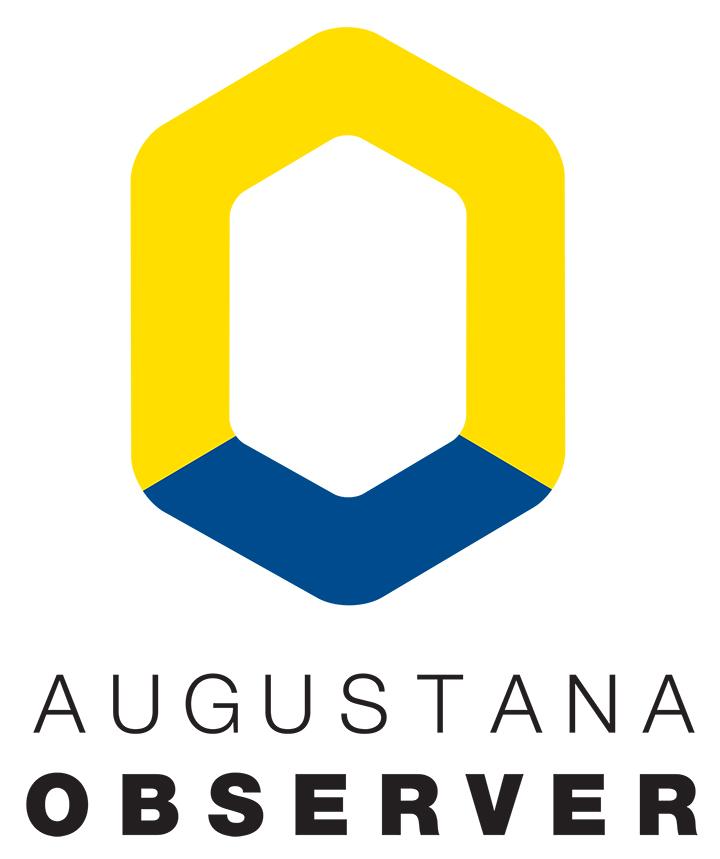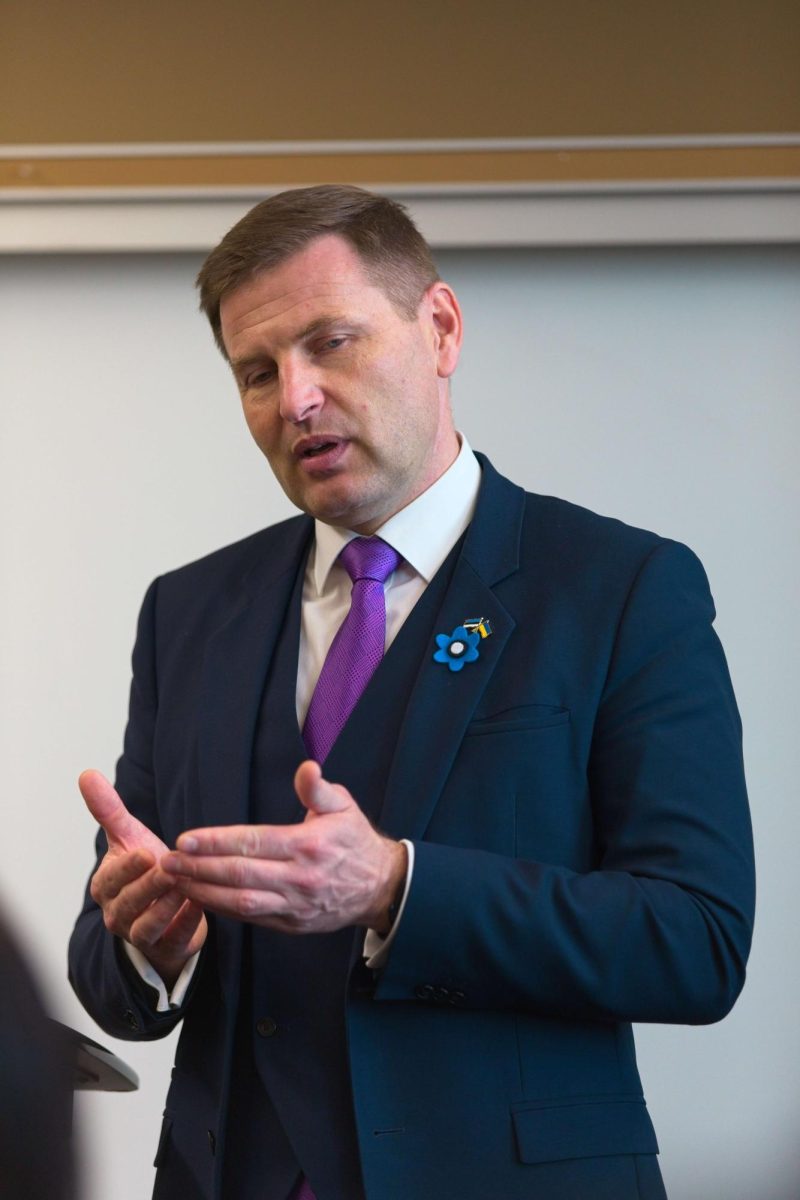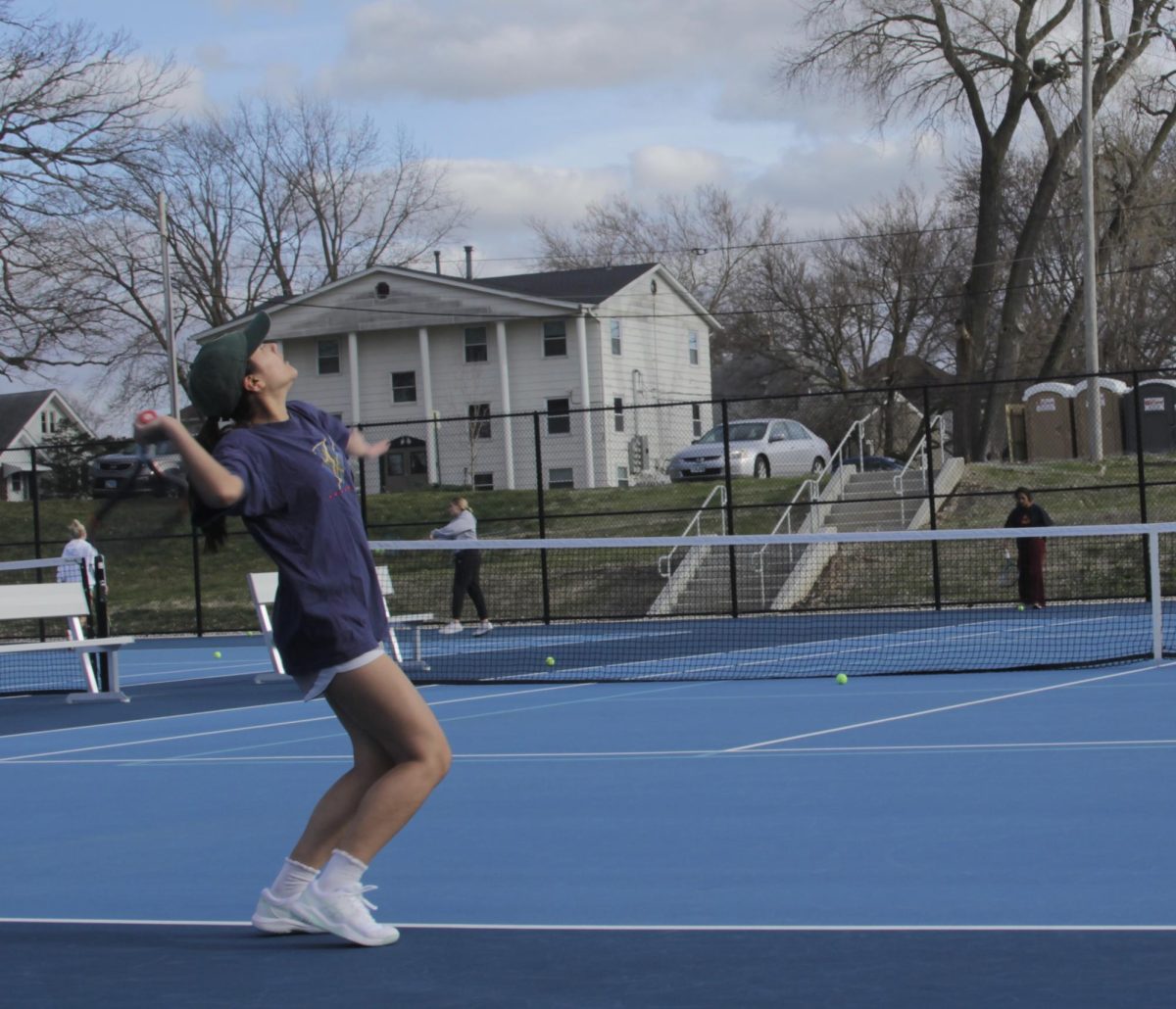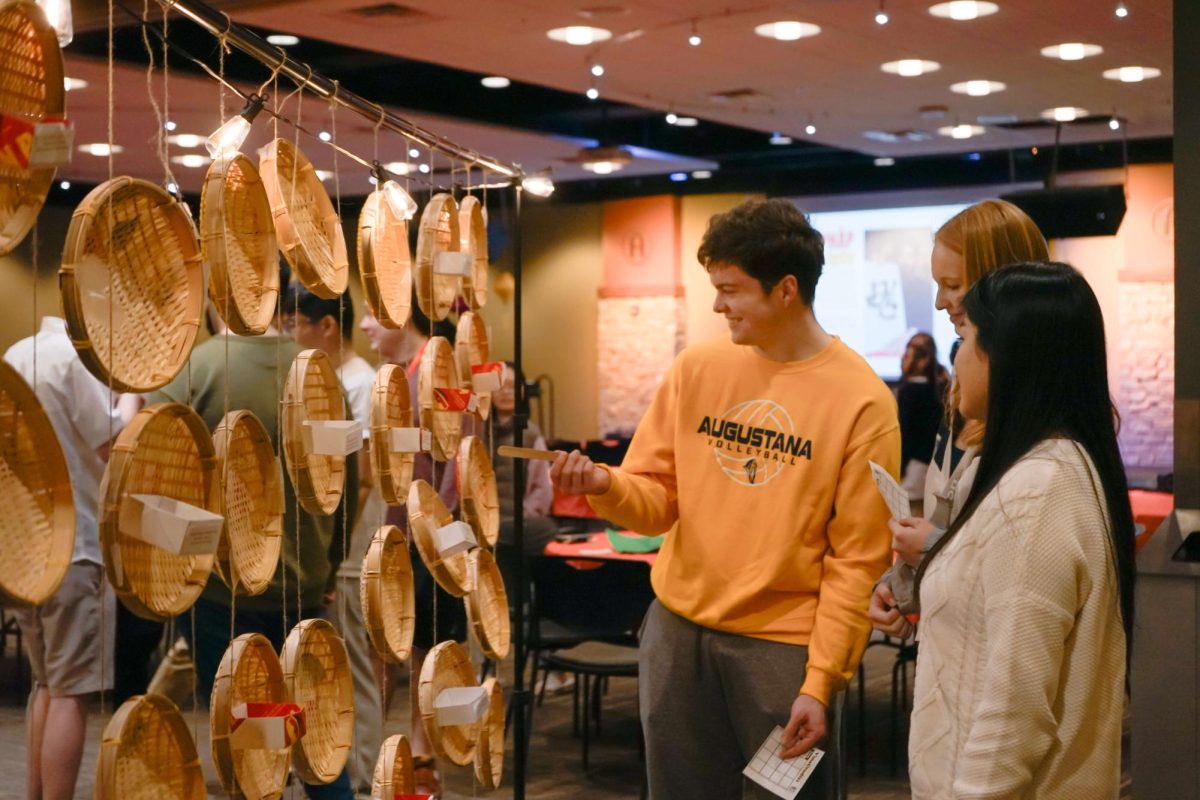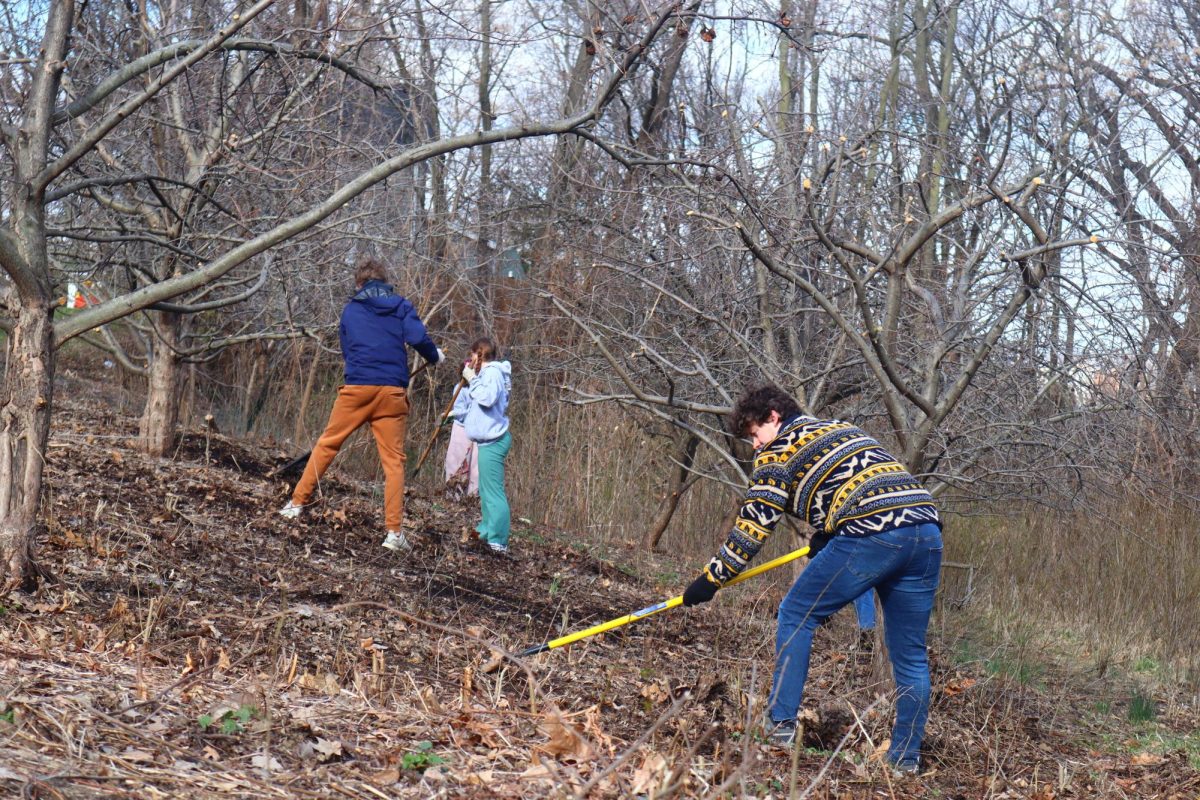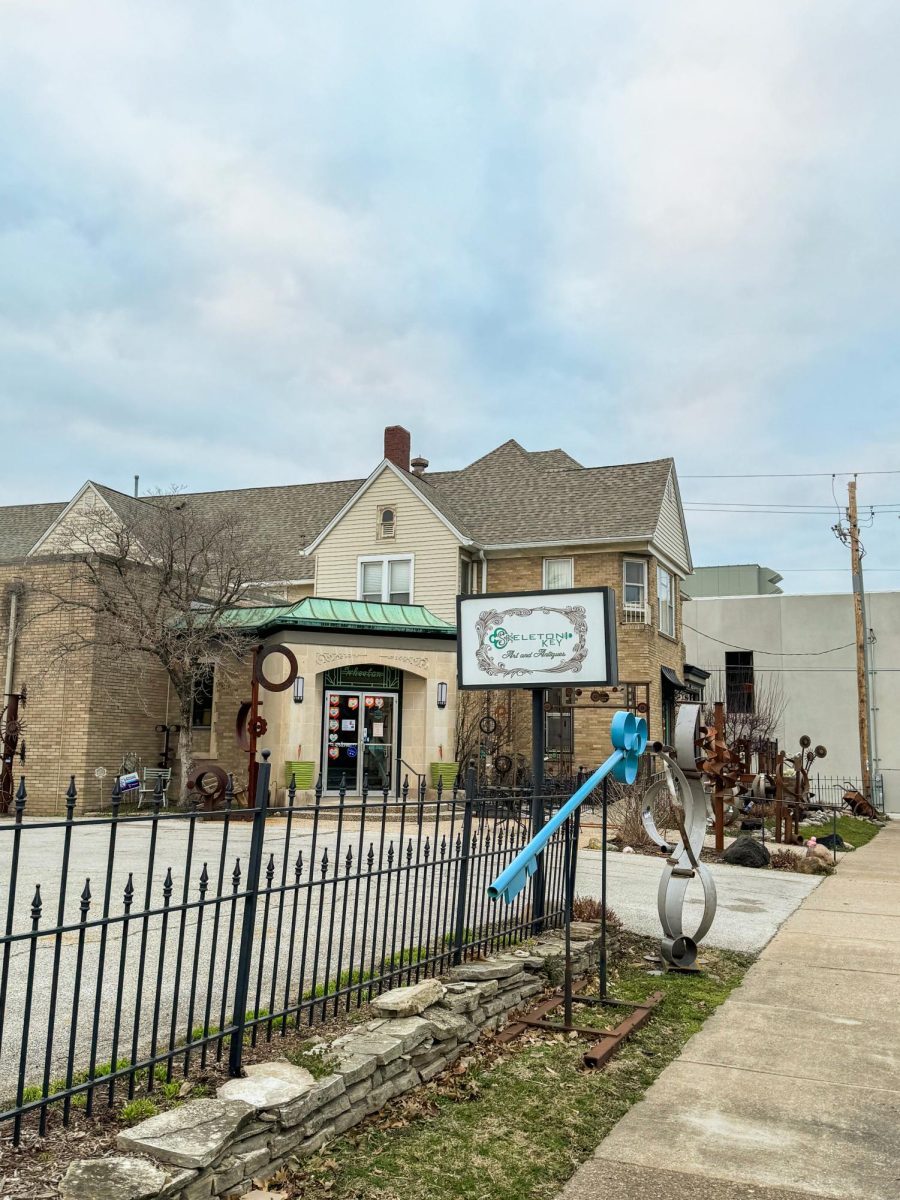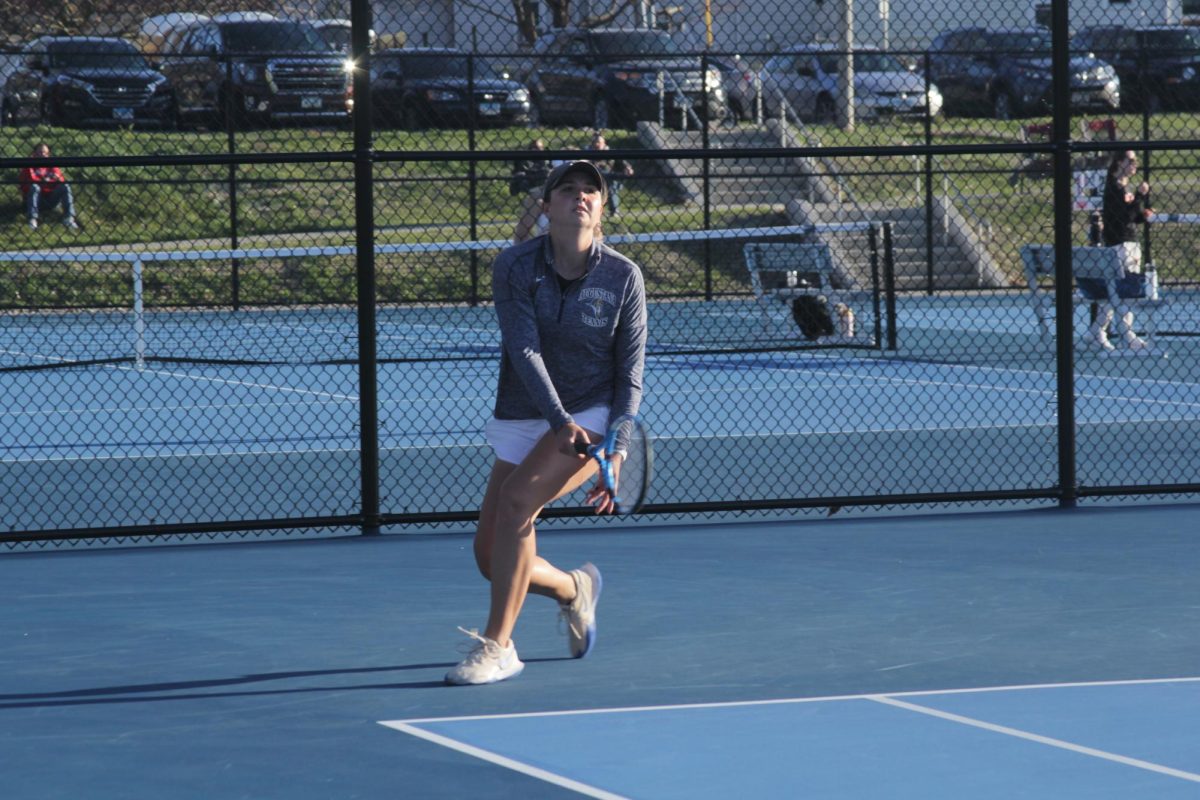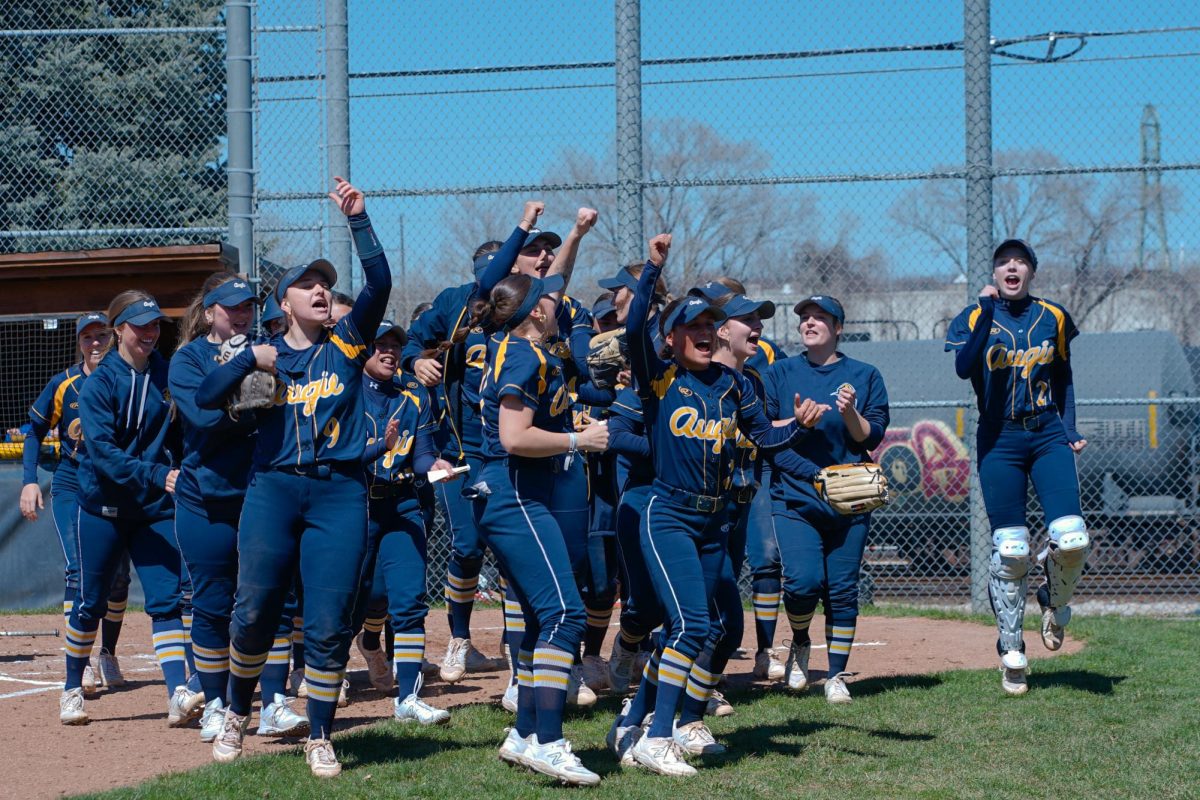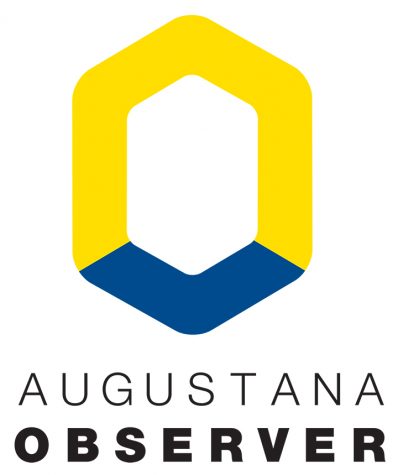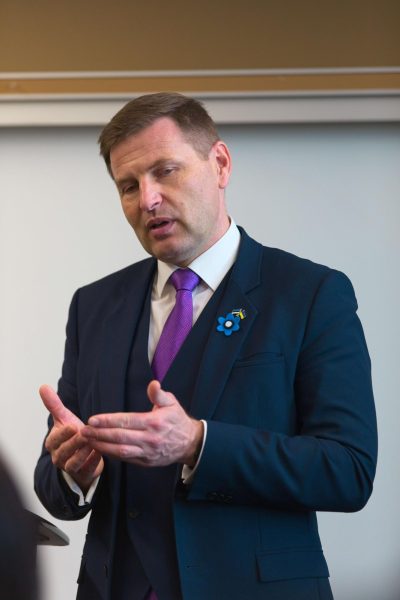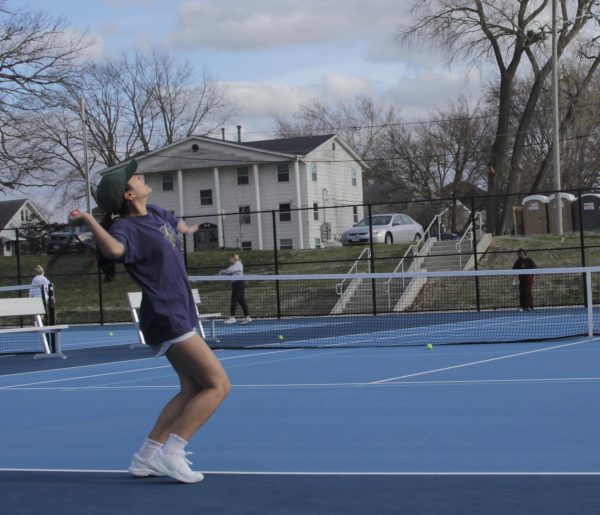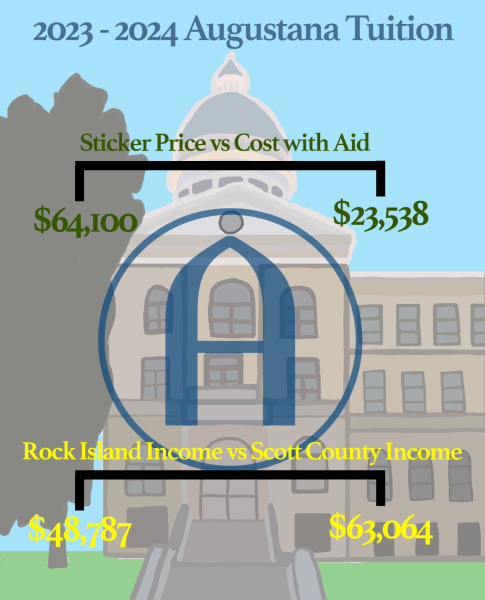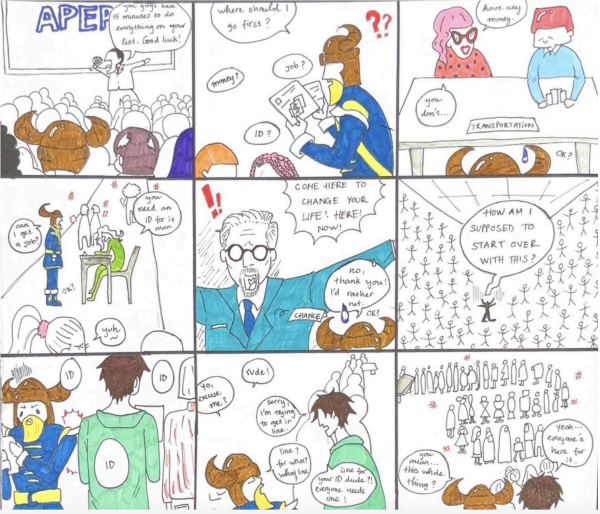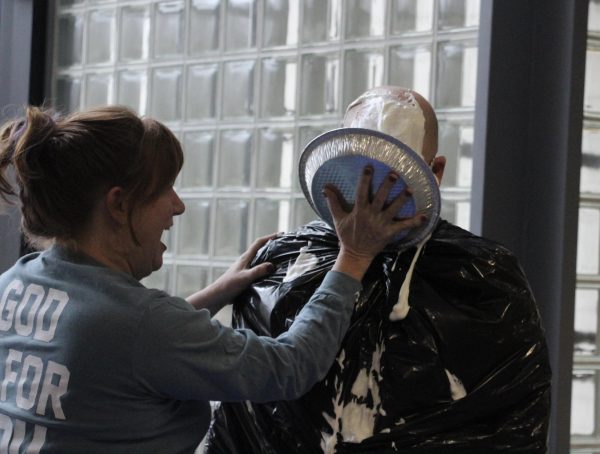Augustana wins grant for sustainability
March 1, 2023
Augustana College’s Upper Mississippi Center (UMC) and the Center for the Advancement of Community Health and Wellness (CACHW) have been awarded a grant of $100,000 to fund a new position that will manage community-based learning opportunities and other transformational work in the Quad Cities region.
According to a previous press release from the college, the new position, called the Sustainability Interface Manager, will mobilize the college’s community to help address social, economic and environmental challenges. The Sustainability Interface Manager will play a key role in various ongoing projects of the UMC and the CACHW.
The grant was made possible thanks to the support of Augustana Trustee Christopher Coulter ‘94, who has worked in the waste collection, recycling disposal business and environmental testing business for more than 20 years. While attending the faculty academic sessions during homecoming week, Coulter came to learn about the lead service lines project in partnership with the city of Rock Island.
“It was in the right place at the right time,” Coulter said. “The project was about to take more time and effort than the college expected, and I just happened to have been in the business for a long time and was interested in doing something great for the community.”
Dr. Michael Reisner, associate professor of environmental studies and director of the UMC, said the new position will help the center expand its community base and provide more opportunities for students.
“All of these opportunities require proper management and research, in which the new Sustainability Interface Manager would be a perfect person to handle the task,” Reisner said.
The hiring process is still in its initial stages, with the new manager expected to be hired by mid-May. Recent graduates who are passionate about sustainability and the environment are encouraged to apply for the position,” Reisner said.
The UMC center is known for often hiring students for internships and jobs, similarly to John Deere.
“Our last two program managers were recent grads who went on to achieve greater success,” Reisner said. “It’s a great opportunity for students that want to get some experience, but maybe have their eye towards graduate school, and want to work in the Quad City communities that you’ve been familiar with.”
The UMC and the CACHW are involved in various ongoing projects in the Quad Cities region. These include the lead service lines project with the city of Rock Island, the sustainable watersheds project with the city of Davenport, the endangered species mapping project with the U.S. Fish and Wildlife Service and the low birth weight project with the Quad City Health Initiative.
In the coming years, there are many potential environmental damages that the Quad Cities will undergo, and Augustana’s assistance is crucial. One of which are polyfluoroalkyl substances (PFAS). PFAS are a group of man-made chemicals used in a variety of industrial and consumer products, such as non-stick cookware, waterproof clothing and firefighting foam, according to the United States Environmental Protection Agency.
They are persistent in the environment and have been linked to a variety of health problems, including cancer and thyroid disease. Developmental issues could be a big challenge for the Quad Cities to deal with, potentially causing problems for students, staff and faculty at Augustana if they were to become affected by PFA’s.
“PFAS are in our drinking water, in the air and in our blood system,” Coulter said. “Sustainability efforts will need to expand beyond current initiatives, and there may be multiple projects in the future that, with the fund, can help divert the resources to the right place.”
